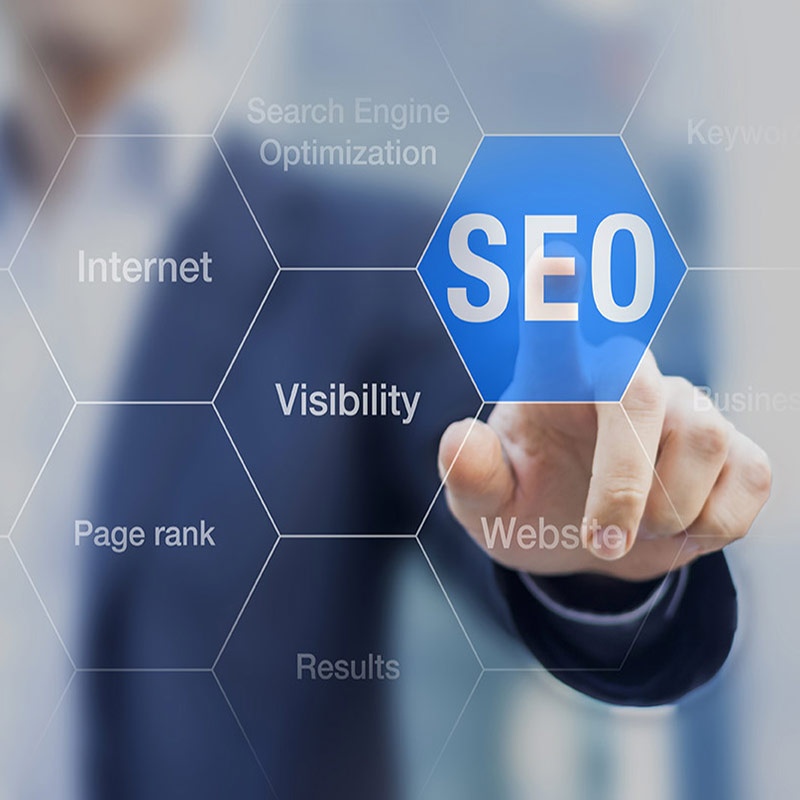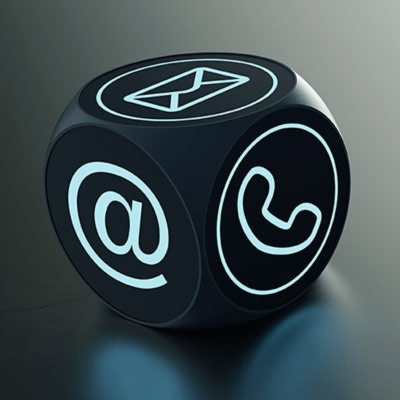In the world of marketing, there’s one concept that gets a lot of attention: the marketing funnel. Whether you’re a startup founder, a seasoned marketer, or a small business owner, understanding this term is crucial to driving growth and achieving your goals.
In this article, we’ll break down the marketing funnel, explain why it’s important, explore its outputs, show how it helps businesses, and highlight the key performance indicators (KPIs) you need to track. Let’s dive in!
What Is the Marketing Funnel?
The marketing funnel is a visual representation of the journey your potential customers go through, from the moment they become aware of your business to the point where they make a purchase (and ideally, become loyal advocates). It’s called a "funnel" because it starts with a large number of people at the top and narrows down as people drop off at different stages.
The Typical Stages of a Marketing Funnel:
- Awareness: Potential customers first learn about your brand or product.
- Interest: They show interest by engaging with your content or exploring your offerings.
- Consideration: They compare your business to competitors and evaluate their options.
- Intent: They signal a strong interest, often by taking specific actions like signing up for a newsletter or adding items to a cart.
- Purchase: They complete a transaction.
- Loyalty: They return as repeat customers or recommend your business to others.
- Advocacy: They actively promote your brand to others, becoming brand ambassadors.
Why Is the Marketing Funnel Important?
The marketing funnel is more than just a diagram—it’s a powerful tool that helps businesses understand and optimize how they attract, engage, and convert customers.
1. Provides a Clear Structure
The funnel gives you a clear framework for understanding your customers' journey. It helps you identify what your potential customers need at each stage, allowing you to create more targeted strategies.
2. Optimizes Resources
By knowing where your customers drop off, you can focus your efforts on the areas that need improvement. For example, if many people abandon their carts, you can prioritize fixing checkout issues or sending follow-up emails.
3. Improves Customer Experience
A well-thought-out funnel ensures you’re delivering the right message at the right time, enhancing the overall customer experience and increasing the likelihood of conversion.
4. Drives Better ROI
When your marketing efforts align with the funnel, you can reduce wasted spending and drive better returns on investment.
The Outputs of a Marketing Funnel
The marketing funnel isn’t just a theoretical model—it delivers real, measurable outputs that directly impact your business. Here are some of the key outcomes you can expect:
- Increased Brand Awareness: More people discover your business and understand what you offer.
- Higher Engagement: Potential customers interact with your content, emails, or social media channels.
- Lead Generation: You collect information (like emails) from interested prospects who could become customers.
- Improved Conversions: A higher percentage of people move through the funnel and make a purchase.
- Customer Retention: Happy customers keep coming back, increasing lifetime value.
- Advocacy: Loyal customers actively promote your brand, driving word-of-mouth referrals and organic growth.
How the Marketing Funnel Helps Businesses
When used effectively, the marketing funnel can transform the way businesses approach growth.
1. Guides Strategy
The funnel helps you pinpoint gaps in your strategy. For instance, if many people leave at the "consideration" stage, you might need to work on offering better incentives or answering objections.
2. Builds Relationships
At each stage of the funnel, you can build trust and nurture relationships with potential customers. By addressing their pain points and providing value, you’re more likely to win their loyalty.
3. Personalizes Communication
The funnel encourages businesses to tailor their messaging based on where the customer is in their journey. Someone at the "awareness" stage needs different information than someone ready to buy.
4. Tracks Performance
By analyzing how many people move through each stage, you can measure the effectiveness of your marketing efforts and make data-driven decisions.
Key Performance Indicators (KPIs) for the Marketing Funnel
To make the most of your marketing funnel, it’s essential to track the right KPIs. These metrics will help you evaluate your performance at each stage and identify areas for improvement.
Awareness Stage KPIs:
- Website Traffic: How many people are visiting your website?
- Social Media Reach: How many people see your social media posts?
- Impressions: The number of times your ads or content are displayed.
Interest Stage KPIs:
- Time on Site: How long are visitors staying on your website?
- Engagement Rate: Are people interacting with your posts, comments, or likes?
- Content Views: How many people are reading your blogs or watching your videos?
Consideration Stage KPIs:
- Lead Generation: How many email signups or contact form submissions are you getting?
- Click-Through Rate (CTR): Are people clicking on your emails or ads?
- Downloads: Are users downloading resources like eBooks or guides?
Intent Stage KPIs:
- Cart Abandonment Rate: How many people add products to their cart but don’t check out?
- Demo Requests: Are potential customers requesting product demos or trials?
Purchase Stage KPIs:
- Conversion Rate: What percentage of leads turn into paying customers?
- Average Order Value (AOV): How much are customers spending per purchase?
- Revenue Growth: Is your revenue increasing month over month?
Loyalty Stage KPIs:
- Customer Retention Rate: How many customers return for repeat purchases?
- Customer Lifetime Value (CLV): How much is each customer worth over their lifetime?
- Referrals: Are happy customers referring others to your business?
Advocacy Stage KPIs:
- Net Promoter Score (NPS): How likely are customers to recommend your brand to others?
- Referral Rate: How many customers are actively referring friends or colleagues?
- User-Generated Content (UGC): Are customers creating content that supports your brand?
The Bottom Line
The marketing funnel is a vital tool for any business looking to grow and succeed. It helps you understand your customers, optimize their journey, and measure the effectiveness of your efforts. By tracking the right KPIs and continuously refining your strategy, you can turn potential customers into loyal advocates who drive long-term success.
Whether you’re just getting started with marketing or looking to level up your efforts, putting the funnel to work can be a game-changer for your business.





















